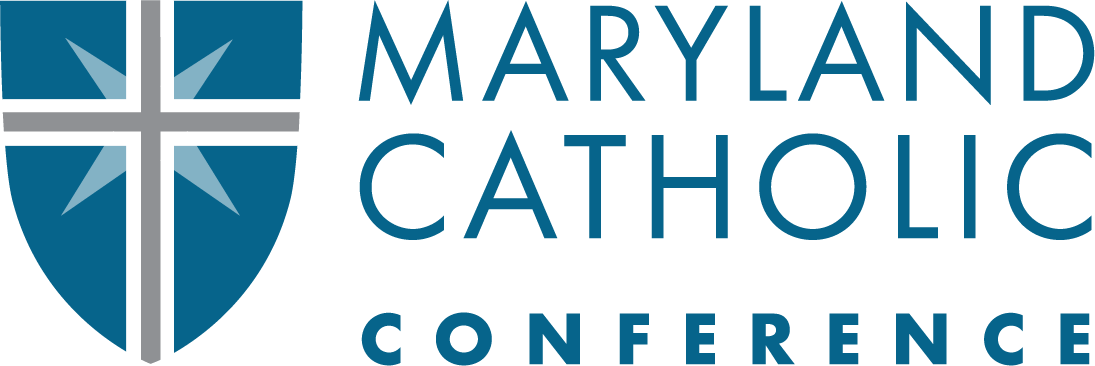Favorable
Committee: Education, Energy & the Environment
SB0434
The Maryland Catholic Conference offers this testimony in support of Senate Bill 434 Catholic Conference is the public policy representative of the three (arch)dioceses serving Maryland, which together encompass over one million Marylanders. Statewide, their parishes, schools, hospitals and numerous charities combine to form our state’s second largest social service provider network, behind only our state government.
Senate Bill 434 is a comprehensive legislative initiative aimed at advancing the state’s transition toward a zero-emission energy future. This bill renames the “renewable energy portfolio standard” to the “clean energy portfolio standard” and strengthens Maryland’s commitment to clean energy by increasing the minimum percentage of energy required from clean sources over time. The legislation revises the definition of “qualified offshore wind project,” adjusts compliance fees for shortfalls in Tier 1 renewable sources, and streamlines the approval process for offshore wind and nuclear energy projects. It also establishes new mechanisms for minority-owned businesses to participate in clean energy initiatives and renames and reinstates the Maryland Offshore Wind Business Development Fund and Advisory Committee to focus on broader clean energy development.
The ENERGIZE Maryland Act reflects the principles of Catholic social teaching by prioritizing care for creation, human dignity, and the common good. The moral imperative to steward God’s creation calls for decisive action to reduce our reliance on fossil fuels and invest in clean energy solutions. This bill aligns with the ethical responsibility to address climate change, an urgent issue that disproportionately affects the poor and vulnerable. Additionally, reducing greenhouse gas emissions and transitioning toward sustainable energy sources fulfill the obligation to future generations. The moral principle of subsidiarity—empowering local communities to make decisions that affect their well-being—is reflected in this bill’s efforts to create local clean energy jobs and ensure equitable participation in the clean energy economy.
The transition to clean energy sources has profound implications for public health, economic opportunity, and environmental justice. Many communities, particularly low-income and marginalized populations, suffer disproportionately from pollution caused by fossil fuel-based energy production. This bill directly addresses those disparities by prioritizing clean energy expansion, reducing emissions, and mitigating the harmful effects of air pollution, which have been linked to respiratory and cardiovascular illnesses.
By expanding access to clean energy and ensuring that its economic benefits are equitably distributed, the bill promotes solidarity and economic justice. Supporting minority-owned businesses and requiring nuclear energy projects to comply with the Minority Business Enterprise Program fosters inclusion and ensures that historically disadvantaged groups have a stake in Maryland’s clean energy future. Let’s prioritize our health and make Maryland clean.
For these reasons, the Maryland Catholic Conference urges a favorable report on Senate Bill 434.
